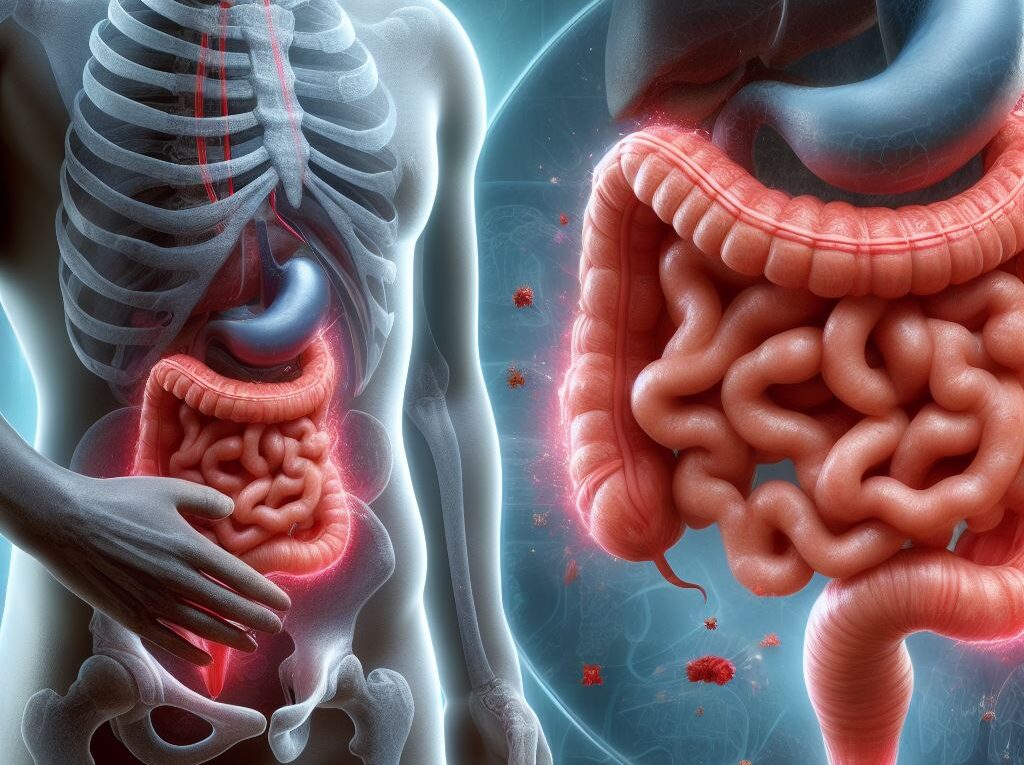Click Here to Visit Facebook Page
Introduction:
Constipation is a common digestive issue that affects people of all ages. While occasional constipation is usually not a cause for concern, chronic constipation can be uncomfortable and affect your overall well-being. In this blog post, we’ll delve into the causes, symptoms, and effective remedies for managing constipation.
What is Constipation?
Constipation refers to infrequent bowel movements or difficulty passing stools. It occurs when the colon absorbs too much water from food, making the stool hard and difficult to pass. Common symptoms of constipation include straining during bowel movements, passing small or hard stools, and feeling like you haven’t completely emptied your bowels.
Click Here to Visit Facebook Page
Causes of Constipation:
1. Dietary Factors:
Lack of fiber in the diet is a common cause of constipation. Fiber helps add bulk to stools, making them easier to pass. Conversely, a diet high in processed foods and low in fiber can contribute to constipation.
2. Dehydration:
Inadequate fluid intake can lead to dehydration, resulting in harder stools that are difficult to pass.
3. Lifestyle Factors:
Lack of physical activity and sedentary lifestyle can slow down bowel movements, leading to constipation.
4. Medications:
Certain medications, such as opioids, antacids containing calcium or aluminum, and some antidepressants, can cause constipation as a side effect.
5. Medical Conditions:
Conditions such as irritable bowel syndrome (IBS), hypothyroidism, diabetes, and neurological disorders can affect bowel function and contribute to constipation.
Click Here to Visit Facebook Page
Symptoms of Constipation:
1. Infrequent bowel movements (less than three times per week)
2. Difficulty passing stools
3. Abdominal bloating or discomfort
4. Rectal bleeding due to straining
5. Feeling of incomplete evacuation after bowel movements
Remedies for Constipation:
1. Increase Fiber Intake:
Consuming a diet rich in fruits, vegetables, whole grains, and legumes can help add bulk to stools and promote regular bowel movements.
2. Stay Hydrated:
Drinking plenty of water throughout the day can soften stools and make them easier to pass.
3. Regular Exercise:
Engaging in regular physical activity, such as walking, jogging, or yoga, can stimulate bowel movements and alleviate constipation.
4. Establish Regular Bathroom Habits:
Try to establish a regular time each day to have a bowel movement, as this can help train your body’s natural rhythm.
5. Over-the-Counter Remedies:
Over-the-counter laxatives, stool softeners, or fiber supplements may be used occasionally to relieve constipation. However, it’s essential to use them sparingly and under the guidance of a healthcare professional to avoid dependence.
Click Here to Visit Facebook Page
When to Seek Medical Attention:
While occasional constipation is common and usually resolves with lifestyle changes, chronic constipation or constipation accompanied by severe symptoms may require medical attention. If you experience persistent constipation, unexplained weight loss, blood in stools, or severe abdominal pain, consult a healthcare provider for proper evaluation and management.
Conclusion:
Constipation is a prevalent digestive issue that can have a significant impact on quality of life. By understanding the causes, symptoms, and effective remedies for constipation, you can take proactive steps to manage and alleviate this uncomfortable condition. Remember to prioritize a healthy diet, stay hydrated, and maintain an active lifestyle to promote regular bowel movements and overall digestive health. If constipation persists or is accompanied by concerning symptoms, don’t hesitate to seek medical advice for appropriate treatment.





